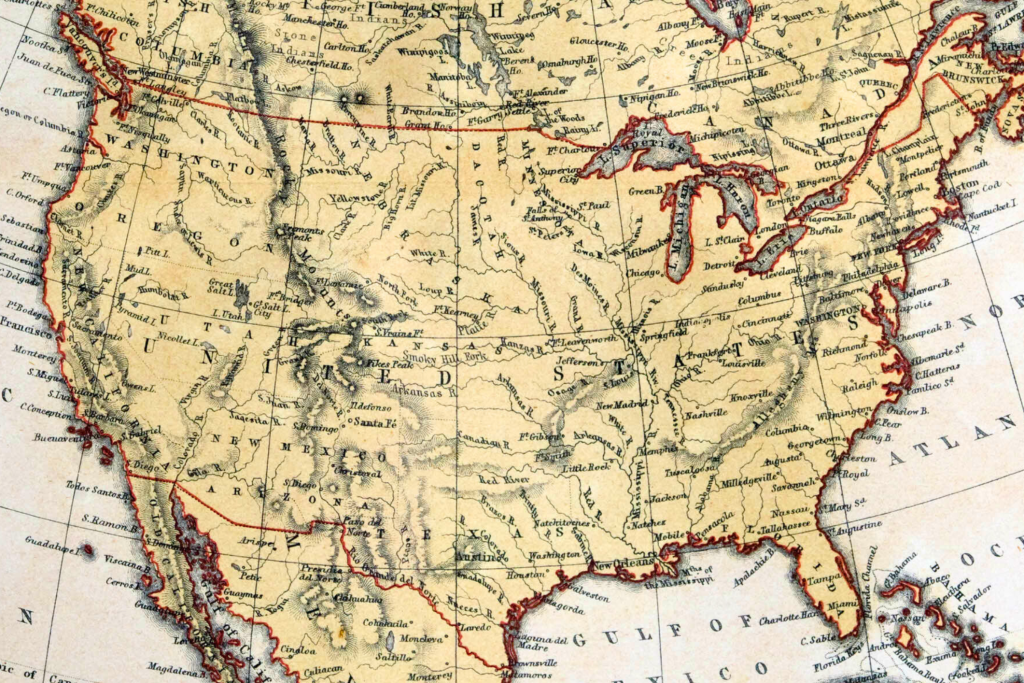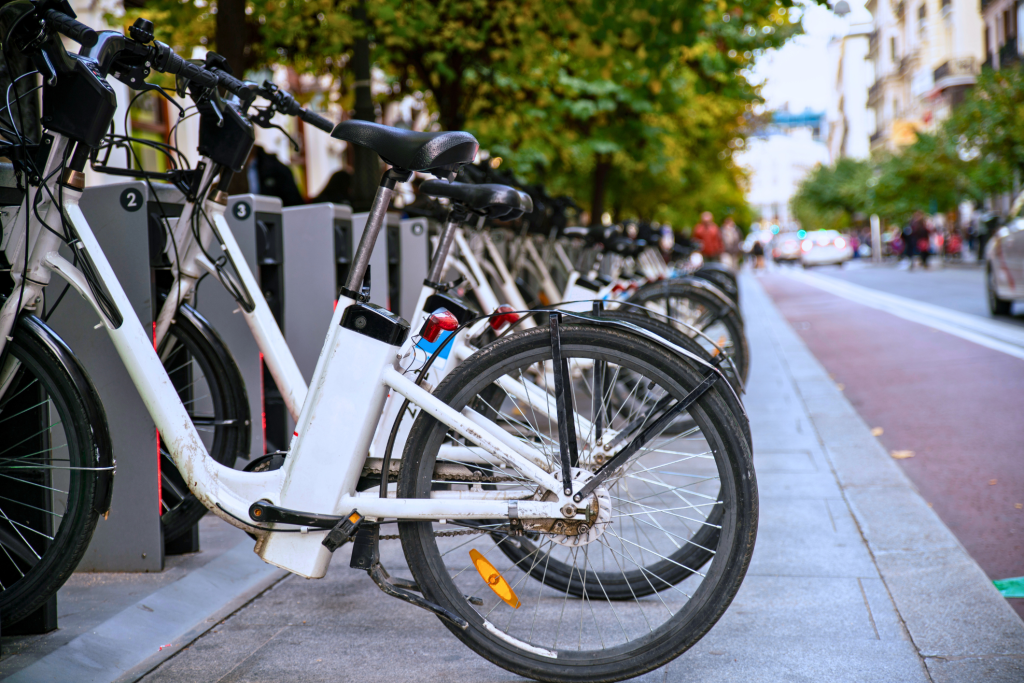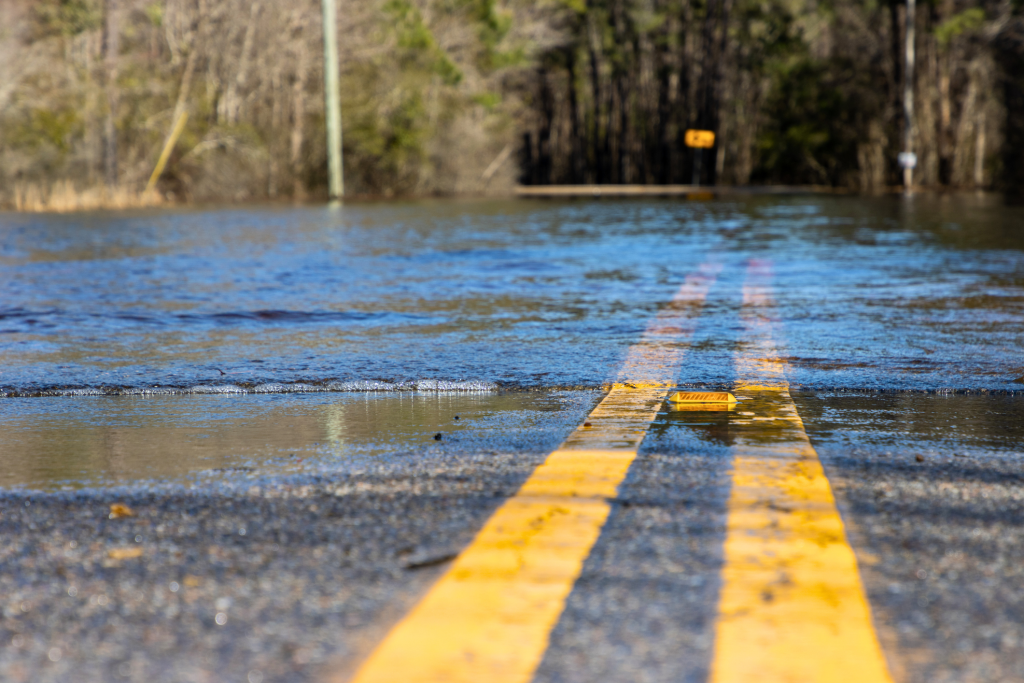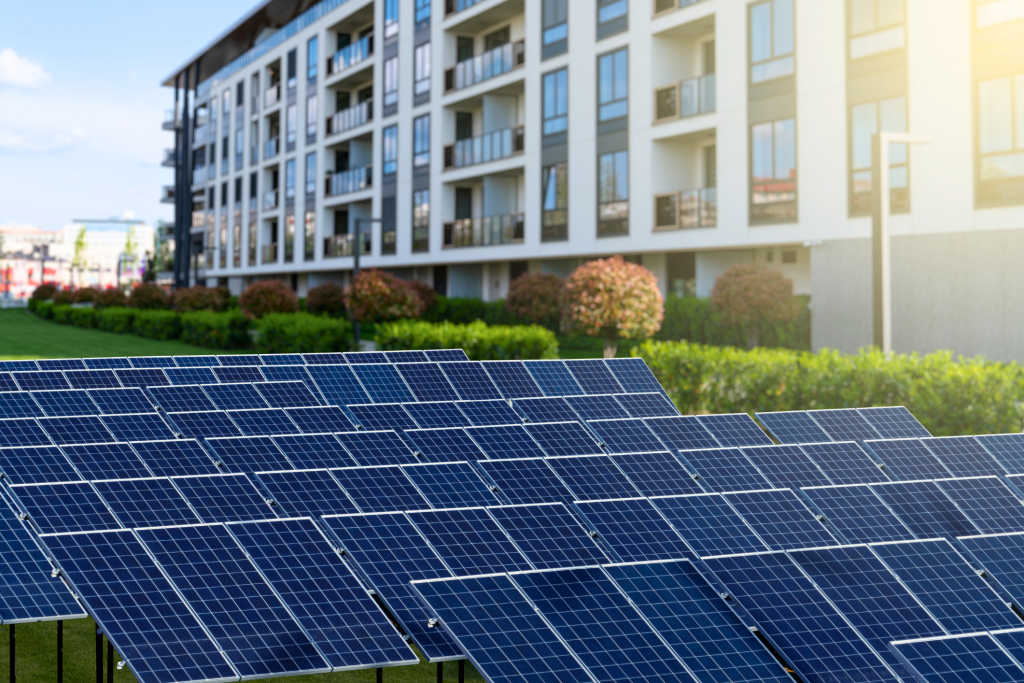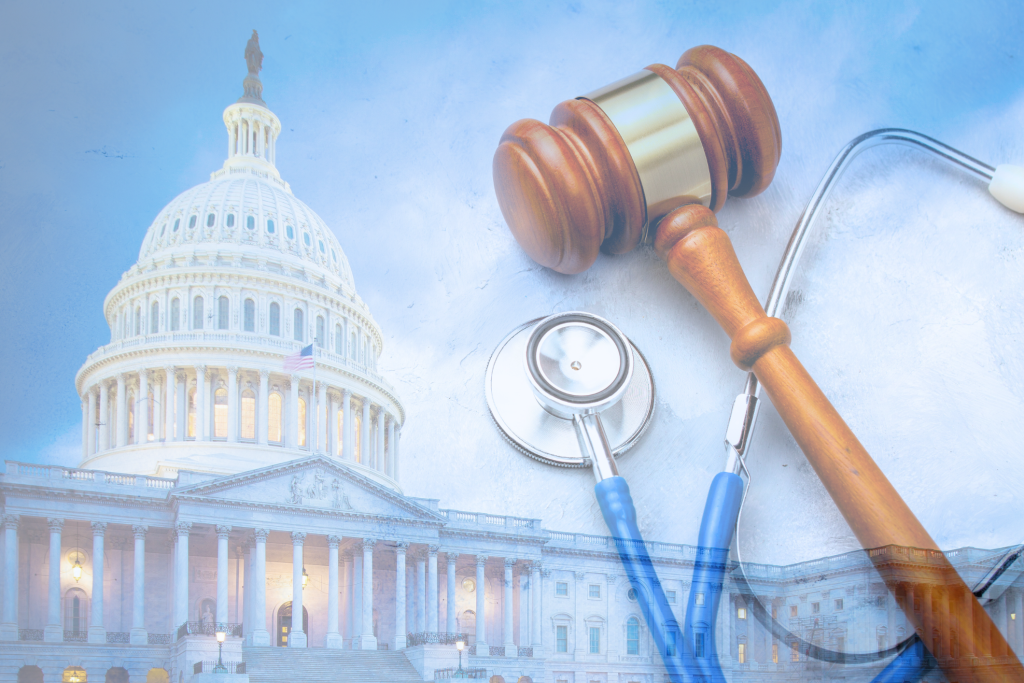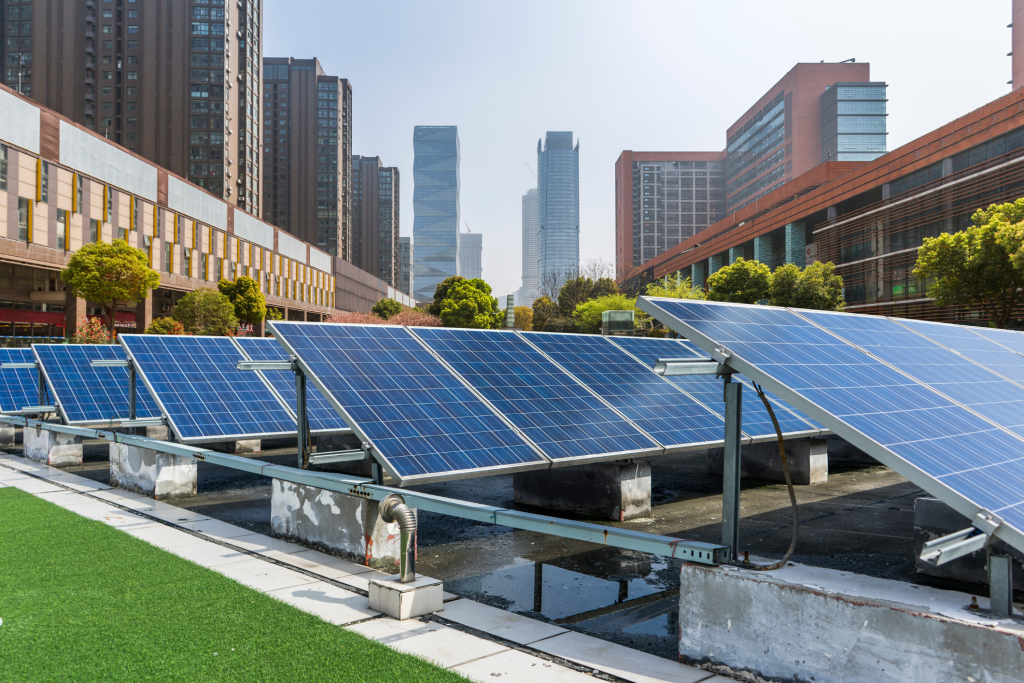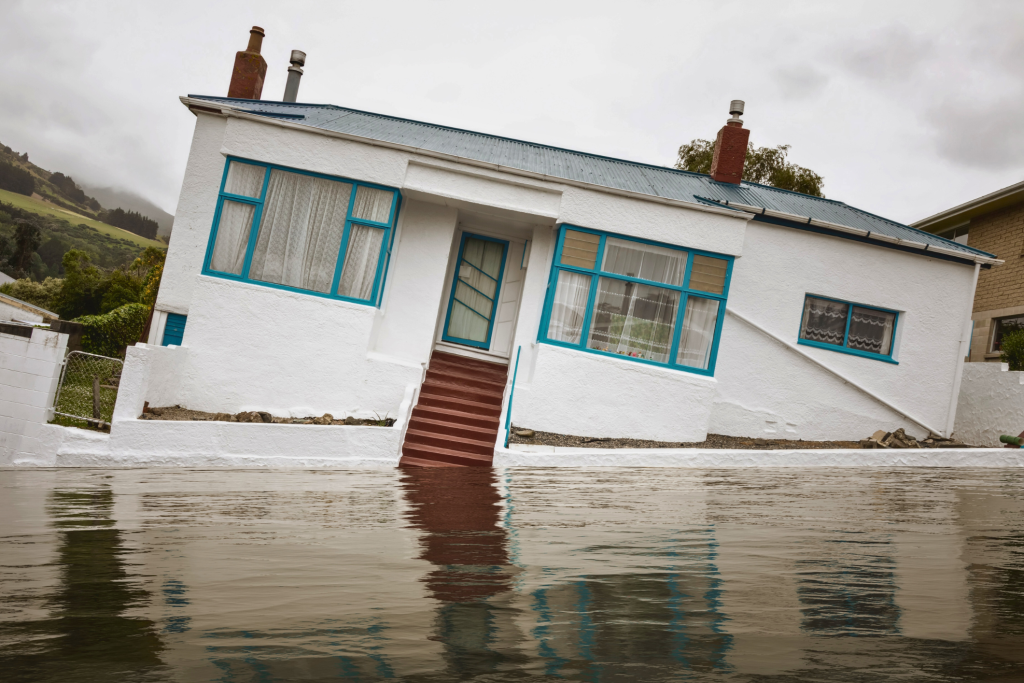Our Work
Publications
Use the filters below to view our work by our various research areas.
June 2025
Our project to create a dataset of historical water bodies in New Jersey began by finding maps of historical water bodies. Two atlases were used to locate historical water bodies in New Jersey. The first was Atlas of the Metropolitan District and adjacent country comprising the counties of New York, Kings, Richmond, Westchester and part […]
May 2025
Property Assessed Clean Energy (PACE) programs provide a financing solution for energy efficiency upgrades using special property tax assessments. This approach tackles the significant barrier of high upfront costs that can prevent property owners from implementing clean energy improvements. Special assessments are established municipal financing tools traditionally used for public infrastructure. These assessments are “special” […]
April 2025
Cannabis • Digital/Tech • Economics • Education • Environment • Health • Housing • Public Administration • R/ECON™ • Transportation • Women, Children, & Families
As the New Jersey State Policy Lab (NJSPL) reaches its fourth anniversary, it is my honor to serve as the Executive Director, working with an incredible team of dedicated professionals to better understand and investigate policy issues impacting the state. The NJSPL was created as the result of a grant from the Office of the Secretary […]
April 2025
If you’ve noticed more e-bikes around your neighborhood lately, you’re not imagining things. In 2022 alone, over one million e-bikes were sold in the United States—a 269% increase from 2019 (Vehicle Technologies Office, 2023). This surge isn’t just a passing trend; e-bikes are outpacing the growth of conventional bicycles and even surpassing the rise of […]
April 2025
Agriculture has long been a vital element of New Jersey’s economy and food system, providing fresh vegetables, fruits, dairy, and products such as milk, cheese, and jams to local and regional markets. Despite its small geographic size, New Jersey remains one of the country’s most agriculturally productive states, with nearly 10,000 farms generating billions in […]
April 2025
The purpose of this project is to identify and create a dataset of historical water bodies in New Jersey that have been altered by human development, with a focus on areas with a history of flooding and areas with combined sewer overflow (CSO) systems and explore the spatial relationship between these historical water bodies and both local flood vulnerability and CSO locations.
March 2025
This blog continues a series examining Property Assessed Clean Energy (PACE) programs, active in 32 states and the District of Columbia, which enable residential and commercial property owners to undertake energy efficiency, water conservation, renewable energy, and resiliency improvements. PACE programs provide the upfront financing for these projects by using the borrowing authority of municipal […]
February 2025
When people think of scientists, engineers, or healthcare professionals, they likely imagine them working in labs, hospitals, or industrial buildings. Some, however, are also policymakers at all levels of government, shaping and enacting consequential policies that impact crucial sectors of our society including technology, health, finance, energy and more. As many legislative decisions are complex […]
February 2025
In the past few weeks, President Trump has followed through on his campaign promises to begin terminating climate, environmental justice, and equity-based federal funds and initiatives (among a flurry of other far-reaching, punitive executive actions). There is considerable confusion ongoing regarding which agency funds are frozen, how federal agencies should implement guidance from the White […]
December 2024
About the Survey Between October 7 and November 14, 2024, the New Jersey State Policy Lab conducted a brief survey to gain insights into emerging issues and policy priorities in New Jersey. The survey aimed to inform the Policy Lab’s strategic research planning, ensuring the organization continues to deliver rigorous, evidence-based policy research that addresses […]
November 2024
This research project investigated the effectiveness of low- and moderate-income (LMI) community solar programs in New Jersey, where we focused on their role in promoting energy justice in under-resourced communities. The research team recruited 158 participants from low- and moderate-income neighborhoods in open discussions to elaborate on their experiences with renewable energy adoption and community […]
October 2024
New Jersey’s Climate Change Resilience Strategy calls on the state and local governments to “support and incentivize movement to safer areas” for “populations in areas subject to repetitive flooding or inundation,” and “especially for vulnerable populations.” Housing programs such as these – in which homeowners voluntarily agree to the government purchasing their homes at an […]

